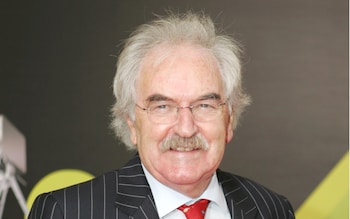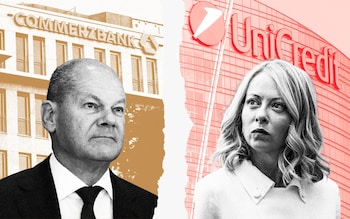
Interest in electric cars has slumped to its lowest level for four years as an increasing number of drivers say they will stick with petrol-powered vehicles.
Figures from the Department for Transport show that just 13pc of all drivers plan to buy a fully electric car as their next vehicle.
By contrast, interest in combustion-engine cars has risen, with 37pc of motorists saying they will buy a petrol-powered vehicle, up from 31pc a year earlier.
The figures represent a new setback to Labour’s plans to ban the sale of petrol and diesel cars by the end of the decade.
The 13pc of people planning to buy an electric vehicle is the lowest since the summer of 2020, when the vehicles were much less widely available.
It is down from 16pc this time last year and a peak of 19pc in the summer of 2022. Interest in hybrids has also dipped.
The latest figures show that around 30pc are now seeking to buy them as their next car, down from 35pc in 2022.
Among potential hybrid buyers, motorists are increasingly opting for older non-plug-in variations that largely rely on internal combustion engines.
The DfT’s Future of Transport programme regularly surveys the public on their attitude towards technologies such as electric cars, driverless cars and e-scooters.
The latest wave of research, carried out at the end of last year, shows growing scepticism towards electric cars.
A growing number cited the vehicles’ up-front cost, but the study also recorded a surge in motorists concerned about ongoing running costs. Some 30pc of motorists cited this as a downside, compared to 18pc in 2022.
Rising electricity rates and falling fuel prices have meant that motorists who rely exclusively on public charging networks now pay up to twice as much per mile as those in petrol cars.
Labour has promised to reinstate a 2030 ban on sale of petrol-powered cars, but sales of EVs are already well behind government targets.
It comes as a new poll finds that half of Britons say they do not ever intend to buy an EV.
The research, carried out by YouGov for rental marketplace Turo, asked participants when, if ever, they expected to make the switch, with 49pc replying they did not expect to do so at all.
High costs were the biggest reason, the survey said, followed by a lack of charging infrastructure, range concerns and the time it takes to charge.
The survey of 2,000 people also found that 47pc opposed the Government’s plan to reinstate the 2030 ban on the sale of new petrol and diesel cars. Instead, the majority of respondents said they wanted ministers to fix potholes and bring down fuel prices.
Rory Brimmer, head of UK business development at Turo, said: “As our car ownership index shows, there are still some doubts among drivers when it comes to switching to EVs.”
Disclaimer: The copyright of this article belongs to the original author. Reposting this article is solely for the purpose of information dissemination and does not constitute any investment advice. If there is any infringement, please contact us immediately. We will make corrections or deletions as necessary. Thank you.



